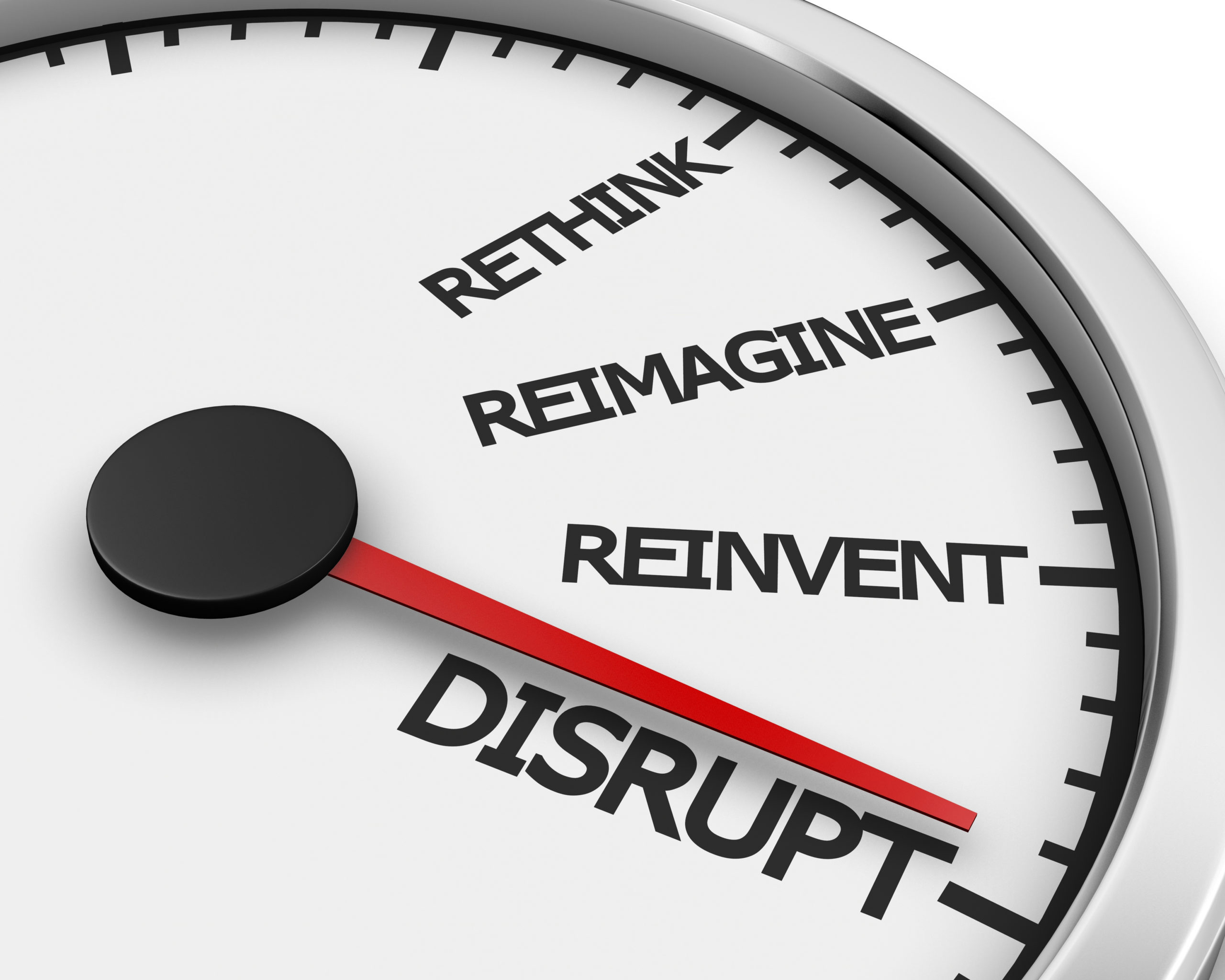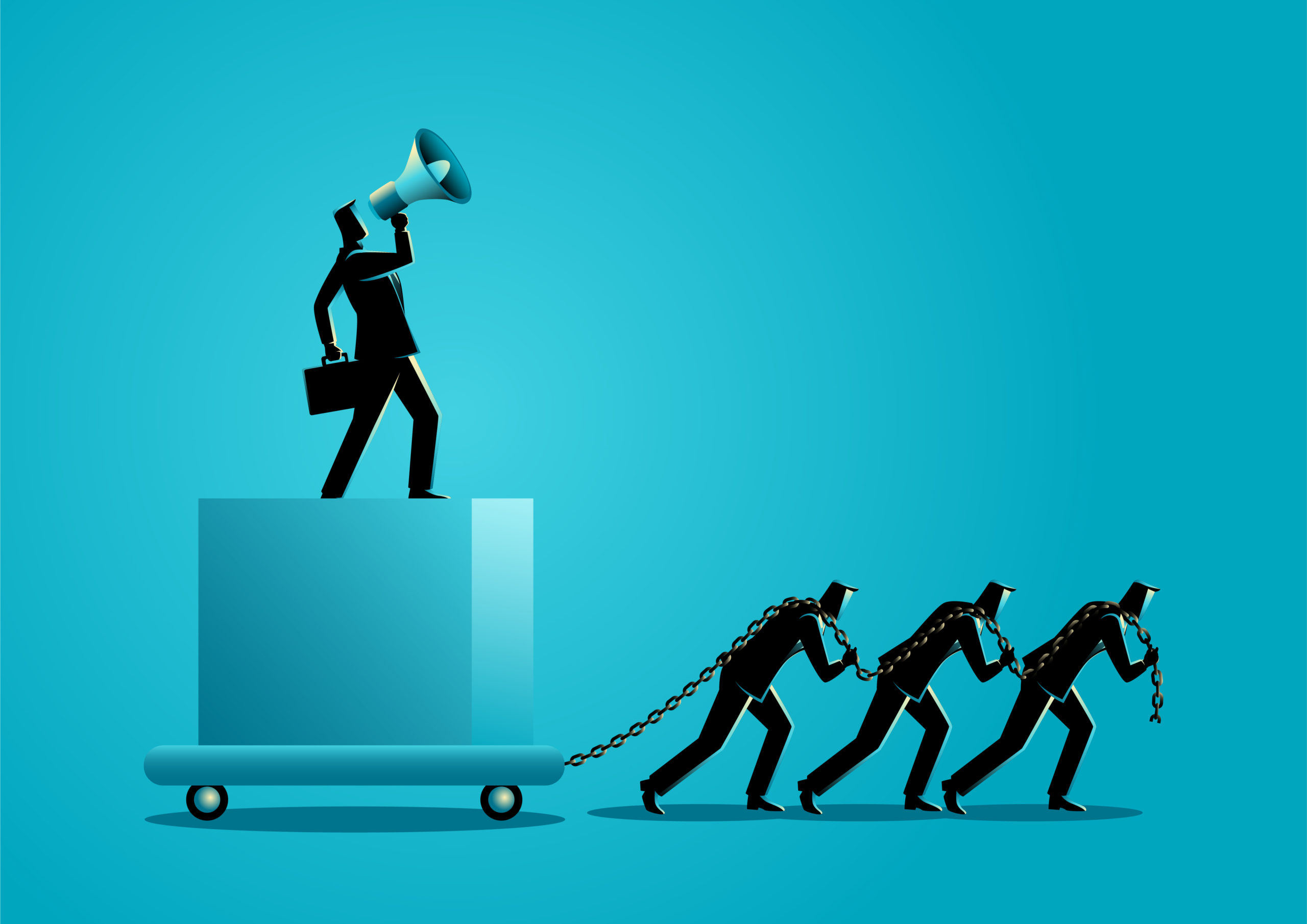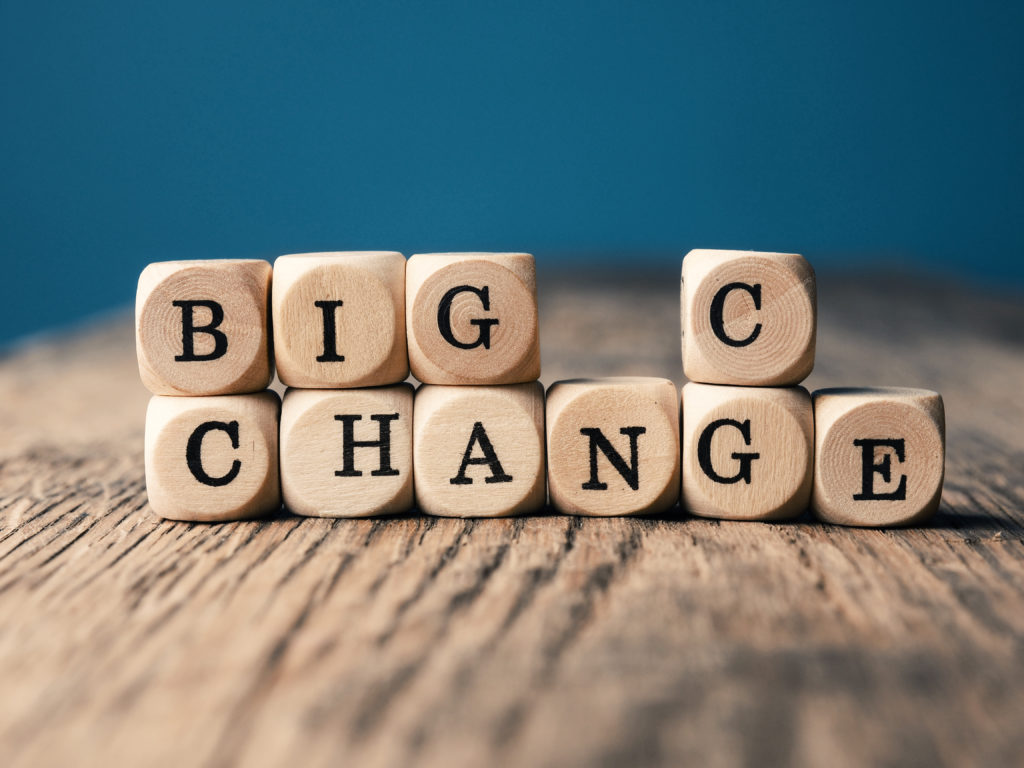Do you know an organization that isn’t going through some form of disruption or significant change?

Here are a couple of current realities:
- Covid-19 is forcing almost all organizations to have to be agile and to change
- Covid-19 aside, the need for deep organizational change is rapidly increasing in frequency because of (1) increased competition, (2) shortened product life cycles, and (3) rapidly changing customer interests and needs, among others.
How Do Most Organizations Attempt to Change?
What do most organizations focus on when attempting to change?
From my experience, they primarily focus on the combination of top-down communication and changing or altering policies.
The basic sentiment of organizational leaders is: We tell you to change and how to change, and we expect that you will.

How well does this typically work?
Apparently, it is less than 25% of the time.
The Basic Requirement of Organizational Change
When it comes to change, what most organizations and leaders overlook is what change requires at its most fundamental level.
Change at its most fundamental level requires:
- Unlearning mental models
- Creating new mental models
The organization as a whole needs a new “mind.” This simultaneously means that individual leaders and employees must develop a new “mind” themselves.
So What?
If change requires (1) unlearning mental models and (2) creating new mental models (i.e., developing a new mind), wouldn’t it be logical that if organizations want to change that they:
- Develop a deeper understanding of how the brain works (i.e., how people unlearn mental models and develop new mental models)
- Focus less on policies, and more on helping employees learn and make new mental connections?
Unlearning Mental Models & Creating New Mental Models
The best personal attribute to focus on for unlearning mental models and creating new mental models is the personal attribute that dictates employees’ individual mental models: mindsets.
Mindsets are the mental lenses that employees rely upon to selectively organize and encode information, which orients them toward a unique way of understanding their experiences and guides them toward specific and relatively predictable actions and responses.

Truly, mindsets are foundational to how we think, learn, and behave. I have covered the foundational role that our mindsets play in our lives in this blog post:
Are You Attempting to Change?
Are you attempting to change, or is your organization attempting to change?
If so, are you/is it focusing on mindsets?
If there is not a focus on mindsets, you are/it is attempting to take a shortcut to change that is unlikely to be successful.
If you want to address the root of change (the unlearning of old mental models and the development of new mental models) effectively, it is critical that you focus on mindsets.
Here is a great case study of an organization that focused on mindsets to create deep organization change that led it to quadruple its market cap and stock price in six years: Microsoft.
If you want to do dive into doing some mindset work, here are some options:
- At the personal level:
- Personal Mindset Assessment
- High Octane Mindsets (online course)
- Digital Mindset Coach
- At the organizational level:










